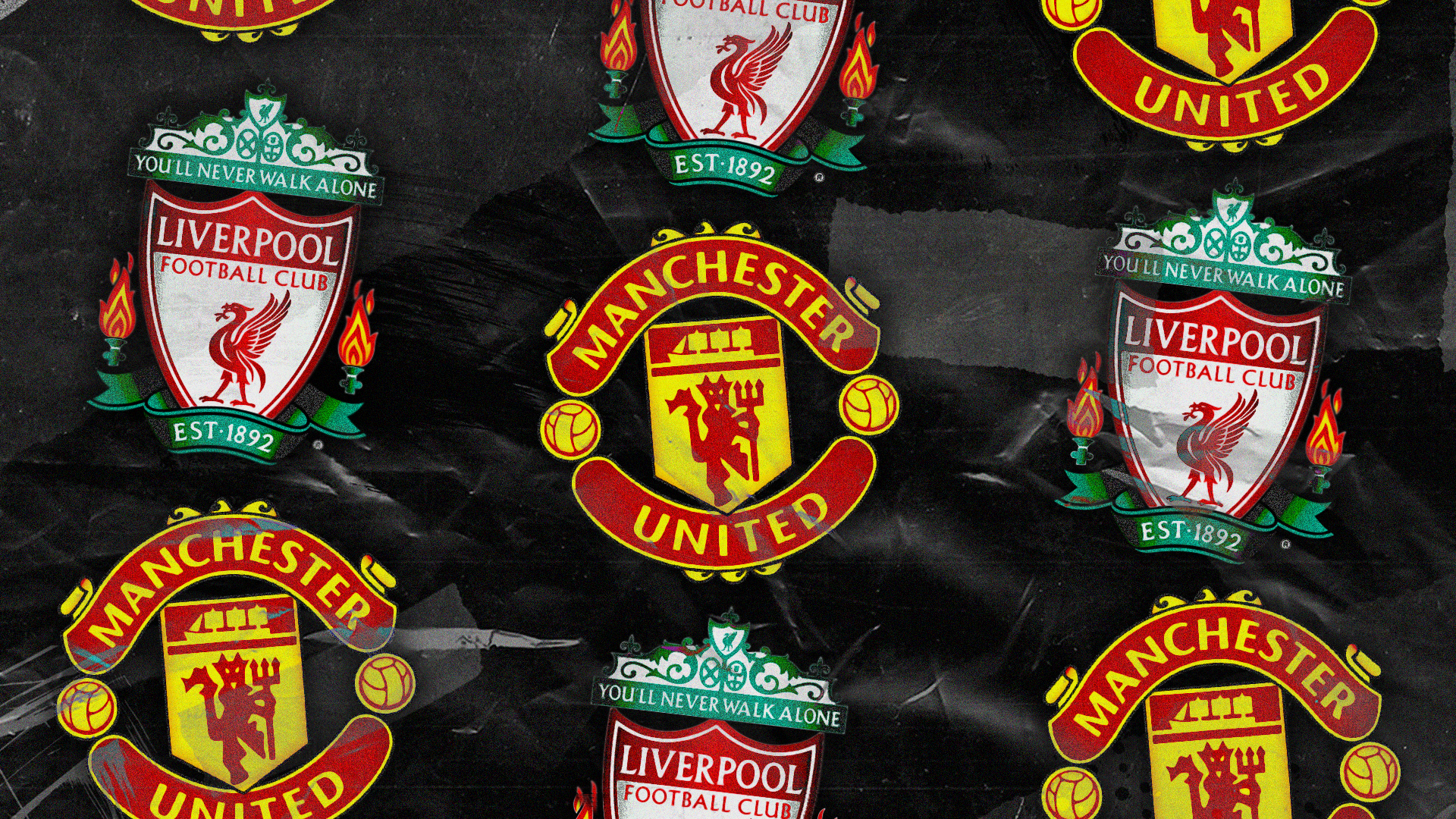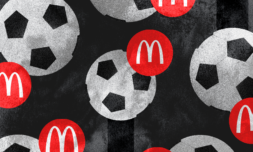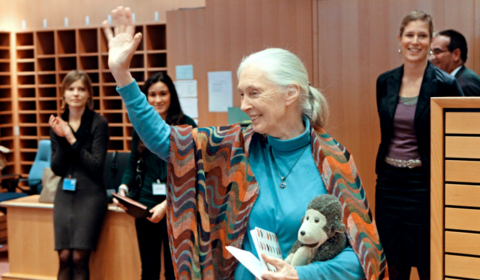While tribalism and heckling is part and parcel of the game, tragedy chanting is a stain on English football and needs eradicating. Is that achievable?
English football is steeped in rich history, and bitter rivalries exist across all tiers of the pyramid.
Many clubs, especially in the Premier League, are huge institutions dating back over a century. Whether their ambitions involve title races, mid-table consolidation, or avoiding relegation, each has their own tales of victory and heartache.
On the latter, match-going fans have always goaded rivals with chants about their sporting shortcomings. Whether we’re talking Steven Gerrard’s infamous slip in Liverpool’s 2014 title race, or Manchester United’s 7-0 drubbing at Anfield last season, bragging rights and banter have always been part of the tribal experience in the terraces.
While this tongue-in-cheek aggravation is to be expected in every stadium, in every away end, and every weekend fixture, there is an abhorrent crossing of the line that some spectators resort to which sours the fun for the majority: ‘tragedy chanting’.
What is tragedy chanting?
This colloquial term is used to describe instances where fans actively mock or sing about real life tragedies related to their opposite club – and it isn’t rare.
Just this week, following a match between Manchester United and Burnley FC, a supporter of the away side was charged with causing harassment, alarm, or distress at Old Trafford.
The fan, 44, had been gesturing and chanting about the Munich air disaster of 1958 in which 23 people including eight Manchester United players tragically lost their lives.
This is merely the latest among countless instances over the years, a large portion of which have gone unreported. In my own personal experience of live football, isolated choruses of distasteful chanting have broken out almost every time.
Earlier this month, following two arrests in an FA cup game between Manchester United and Liverpool, in which derogatory jeers about the Hillsborough tragedy were heard, both clubs’ managers called for an end to tragedy chanting prior to their Premier League match.
Other recent examples include vile songs about the death of Emiliano Sala, the Bradford fire, sectarian bickering between Celtic and Rangers, and the incessant chanting of ‘Yids’ at Tottenham – despite its roots in Nazi Germany – among many other things.
We welcome the swift action from the GMP and we continue to assist in every way possible.
Burnley Football Club maintains a zero tolerance for such behaviour and anyone found guilty will receive the strongest ban possible. https://t.co/ZNT6aQJHix
— Burnley FC (@BurnleyOfficial) April 28, 2024




















